Pixel users can customize their app icons with the latest Android 16 QPR2 Beta release
The December Pixel Feature Drop will bring a cool new feature to Pixel users.

Google has released Android 16 QPR2 Beta 2, the latest update for the Android Quarterly Platform Release that will be known as the December Pixel Feature Drop. If you're subscribed to the Android 16 QPR Beta Program, you should be able to install the latest release by going to Settings > System > Software updates > System update. The update also comes with the September 5, 2025 Android security update.
The devices that support the new Beta update include Pixel 6, Pixel 6 Pro, Pixel 6a, Pixel 7, Pixel 7 Pro, Pixel 7a, Pixel Fold, Pixel 8, Pixel 8 Pro, Pixel 8a, Pixel9, Pixel 9 Pro, Pixel 9 Pro XL, Pixel 9 Pro Fold, 9a, 10, 10 Pro, 10 Pro XL, and Pixel Tablet.
This is the biggest change arriving with the Android 16 QPR2 Beta 2 update
Perhaps the biggest change with the update is the addition of the Themed icon shapes. Go to Settings > Wallpaper & style > Icons and you'll see five different shapes that you can choose from for your app icons. They are:
- Circle (default)
- Square
- Four-sided "cookie"
- Seven-sided "cookie"
- Arch
Android 16 QPR2 Beta 2 reaches Platform Stability
Google notes that Android 16 QPR2 Beta 2 has reached Platform Stability, which means that app developers can focus on testing their apps and cleaning up their final designs. Developers can prepare for the final release of their apps without worrying about having to deal with any last-minute changes.
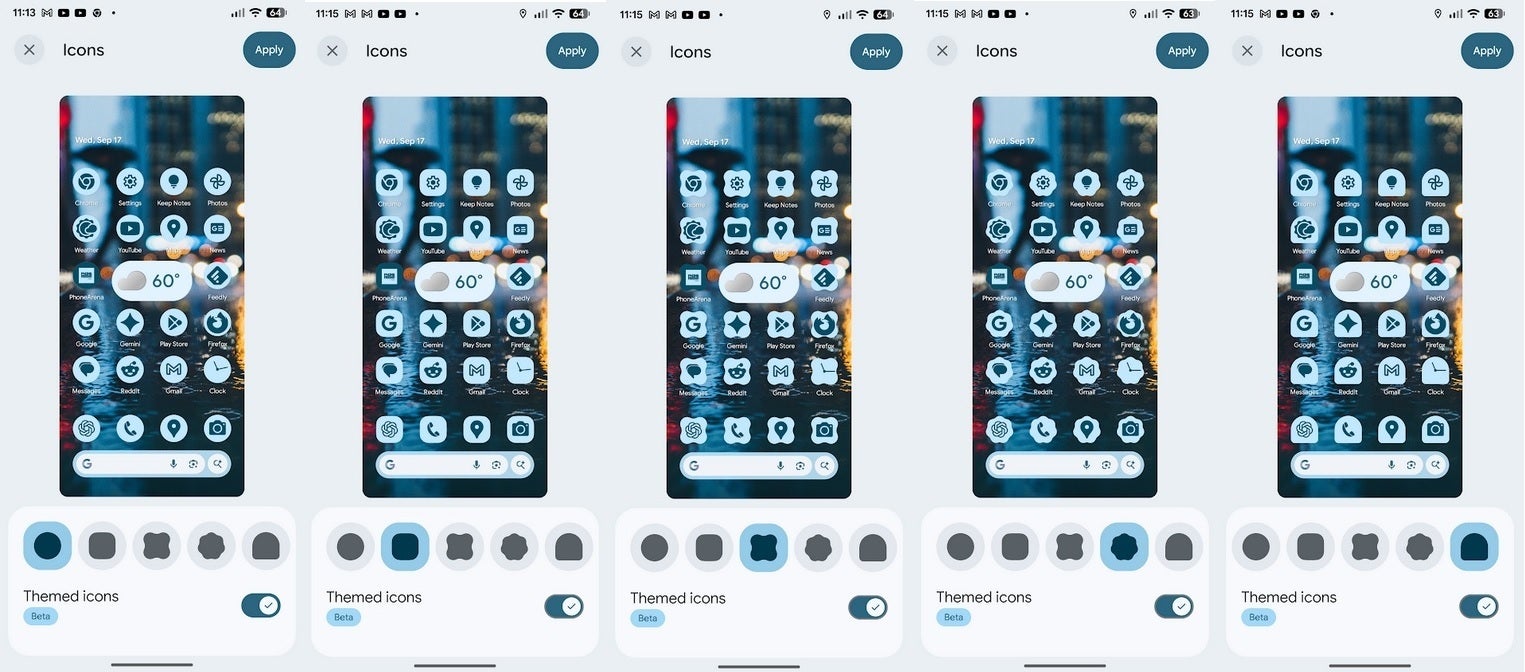
The biggest addition to this update is the new themed icon shapes. | Image credit-PhoneArena
The update is build number BP41.250822.010. Google explained in the Release Notes that a new requirement called Android developer verification is designed to link people or organizations with their Android applications. This will make it harder for malicious actors to disseminate malware, financial fraud, impersonation, or other harmful apps by being anonymous.
Looking forward to the December Pixel Feature Drop?
Yes. I like the Custom App Icon Shapes.
71.43%
No. I don't see anything that interesting.
20%
I don't know yet.
8.57%
Starting in September 2026 and in specific regions, Android will require apps to be registered by verified developers to be installed on certified Android devices, with an exception made for installs made through the Android Debug Bridge (ADB).
Follow us on Google News







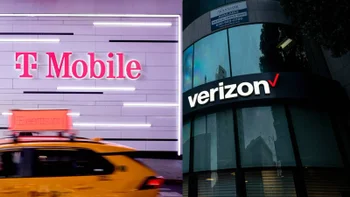
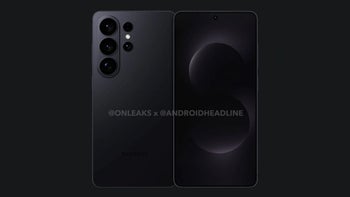
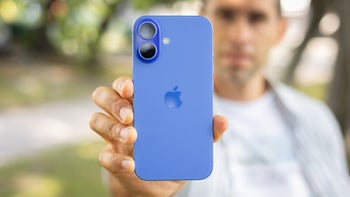
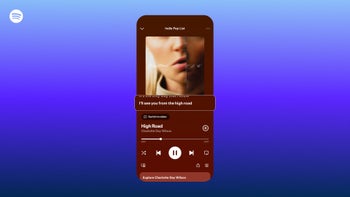
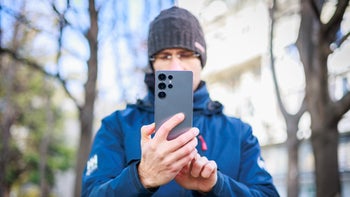

Things that are NOT allowed:
To help keep our community safe and free from spam, we apply temporary limits to newly created accounts: